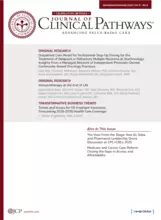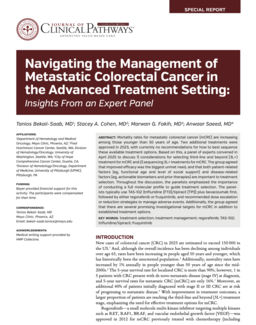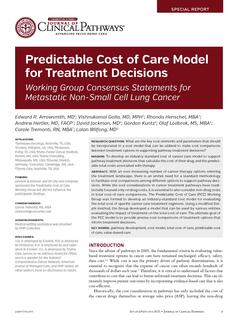Safety and Tolerability of Second Generation BTK Inhibitors in Relapsed Mantle Cell Lymphoma
Research from a National Cancer Institute (NCI)-designated cancer center examined the safety and tolerability of second-generation Bruton's tyrosine kinase (BTK) inhibitors acalabrutinib and Zanubrutinib in patients with relapsed and/or refractory mantle cell lymphoma (MCL). The study, conducted between October 2017 and August 2022, highlights low rates of serious adverse drug events (ADEs) associated with these agents, reinforcing their preferred status over first-generation ibrutinib.
Second-generation BTK inhibitors have been widely adopted for MCL treatment due to their improved safety profiles demonstrated in trials for other B-cell malignancies. However, direct head-to-head comparisons of acalabrutinib and zanubrutinib in MCL have been lacking. This single-center analysis sought to address that gap by evaluating the comparative safety and efficacy of these agents in a real-world setting.
The study included 38 patients—30 receiving acalabrutinib and 8 receiving zanubrutinib—who were followed for at least 9 months after treatment initiation. The patient population had a median age of 67 years, with 47.4% presenting with preexisting hypertension and 21.1% having a history of atrial fibrillation.
Overall, both agents demonstrated a favorable safety profile. In the acalabrutinib group, 10% of patients discontinued treatment due to ADEs, including two cases of grade 3 or higher events (atrial fibrillation and symptomatic bleeding). Notably, no patients in the zanubrutinib group experienced treatment-limiting ADEs. Additionally, neither cohort experienced hypertension nor invasive fungal infections, which are known concerns with BTK inhibitors.
Nonhematologic adverse effects were common but generally manageable, with fatigue, musculoskeletal pain, and bruising being the most frequently reported. Discontinuations due to these effects were more common in the acalabrutinib group.
The median treatment duration was notably longer for zanubrutinib at 10.6 months compared to 4.2 months for acalabrutinib, with a higher proportion of patients on zanubrutinib remaining on therapy at data cutoff.
Despite its limitations, including a small sample size and retrospective design, the study adds to the growing body of evidence suggesting second-generation BTK inhibitors are well tolerated in the MCL population. However, the authors emphasize the continued need for prospective, head-to-head studies to definitively determine any differences in safety and efficacy between acalabrutinib and zanubrutinib in this setting.
Reference
Lu J, Do B, Primeaux B. Evaluation of second-generation Bruton's tyrosine kinase inhibitors for the treatment of mantle cell lymphoma. J Oncol Pharm Pract. 2025;31(2):230-235. doi:10.1177/10781552241232331













